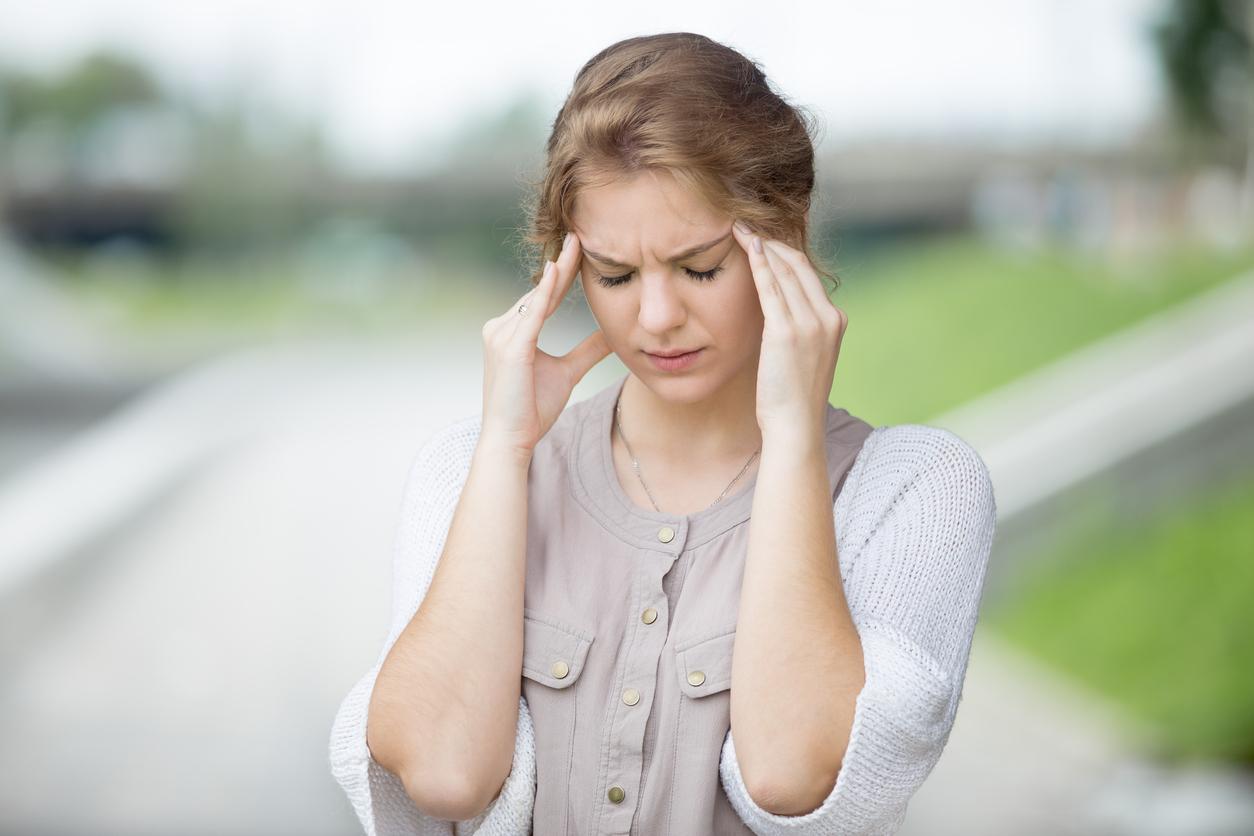Here's why it feels like you have no free time, in one chart
At this year's TED Conference, NYU psychologist Adam Alter presented data on people's increasing (and worrying) use of screens during their free time

Ever wonder where all your free time goes? Adam Alter has an idea.
At the 2017 TED conference, the NYU psychologist presented a collection of three bar graphs showing data for how people in 2007, 2015, and 2017, spend an average workday.
Relying on data from the Bureau of Labor Statistics and the app Moment, which tracks smartphone use, the chart shows sleep and work take up roughly two-thirds of people's day, no matter the year. Same for their survival activities, such as bathing and eating.
But how we spend our precious remaining free time — a period of just a few hours, during which we do many of the things that make us individuals — has changed dramatically.
Compared to 2007, when screens ate up mere minutes of our free time, the ratio has now flipped. Practically all of people's free time goes toward screens of some sort, Alter's research has found.
The red space is all the time we spend fiddling around on screens. The puny yellow and white slivers that remain are “where the magic happens,” Alter says. “That's where your humanity lives, and right now it's in a very small box.”
Alter urged the crowd to rethink their attachment to phones, laptops, and tablets. They may connect people in a geographical sense, such as a Skype call to a farflung relative, but they also lead to distraction and feelings of isolation, he says.
He encourages people to strike a healthy balance with their tech, whether it means blocking certain social media or abstaining from using a device altogether.
As author Annie Dillard observed in her 2013 book The Writing Life, “How we spend our days is, of course, how we spend our lives.” Alter's talk calls on us to spend that time wisely.
• Is climate change the Great Filter of human extinction?
• Science says these seven tactics will help you win any argument
• Kowloon walled city in Hong Kong was 119 times as dense as New York
Read the original article on Business Insider UK. © 2016. Follow Business Insider UK on Twitter.
Subscribe to Independent Premium to bookmark this article
Want to bookmark your favourite articles and stories to read or reference later? Start your Independent Premium subscription today.

Join our commenting forum
Join thought-provoking conversations, follow other Independent readers and see their replies